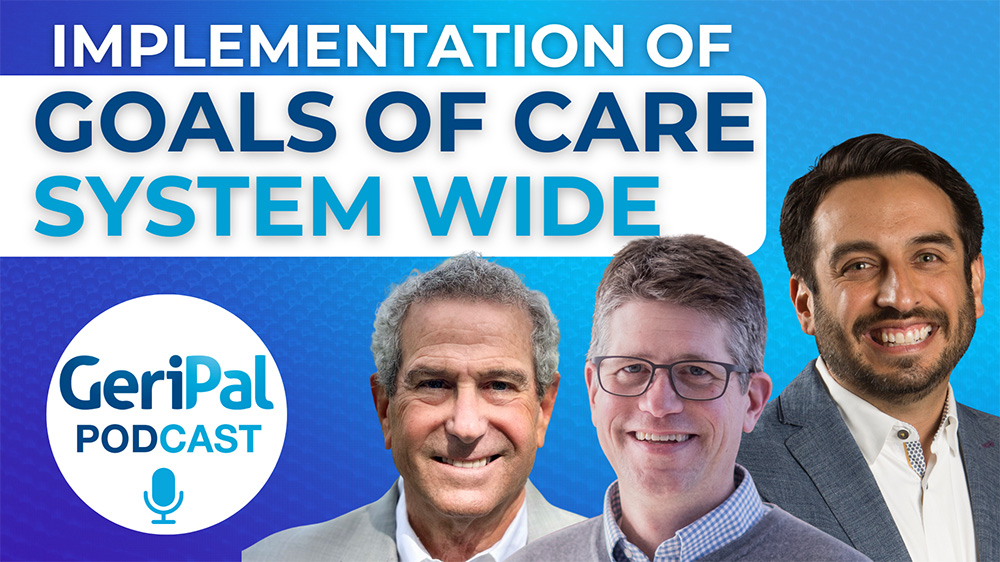
What is the purpose of Advance Care Planning?
I have been taught to view the goal as helping patients define what they would want done if they became seriously ill. But there is an important article by Rebecca Sudoreand Terri Friedthat convinces me I should think about this very differently. Sudore and Fried propose a paradigm shift: Advance care planning is not aimed at prespecifying decisions. Rather it is aimed at helping patients and their families make the best possible in-the-moment decisions.
Sudore and Fried note several serious problems with the traditional goals of advance planning. Most importantly, patients goals and preferences change as their health and circumstances change. One reason is that patients have a remarkable ability to adapt to their circumstances. For example, many well elders would say living with disability is unacceptable to them. However, once elders become disabled they find they can adapt, view their quality of life as good, and change their treatment preferences to reflect this. In this context, while advance directives can still be useful, they should be viewed as one of several sources of information that might be useful for in-the-moment decision making.
What makes this article particularly useful are specific suggestions for what clinicians can do to help their patients prepare to make the best possible in-the-moment decisions. The two tables in the article are full of useful suggestions of what a clinician might consider saying to a patient. A few selected examples:
- To help motivate patients to prepare: “When patients talk with me and their loved ones about what would be important to them if they got sick, it helps them to keep a sense of control about their medical care and have piece of mind.”
- To help clarify values: “Some patients say if they become so sick that they could not recognize or talk to their loved ones, they would want all possible treatments to prolong their life. Other patients say they would rather have care focused on comfort. What kind of person are you?”
- To clarify whether values have changed: “Your health has changed over time. Sometimes patients can get used to these changes and sometimes they can not. In the past you told me that ……”
- To establish whether the patient wants to give the surrogate leeway in decision making: “Having told me what is important to you, what if your surrogate finds it difficult to provide this for you?” or “What if, based on changes in your health, the doctors recommend something different from what you have told your loved one?”
This is definitely a must read article.
by: Ken Covinsky



